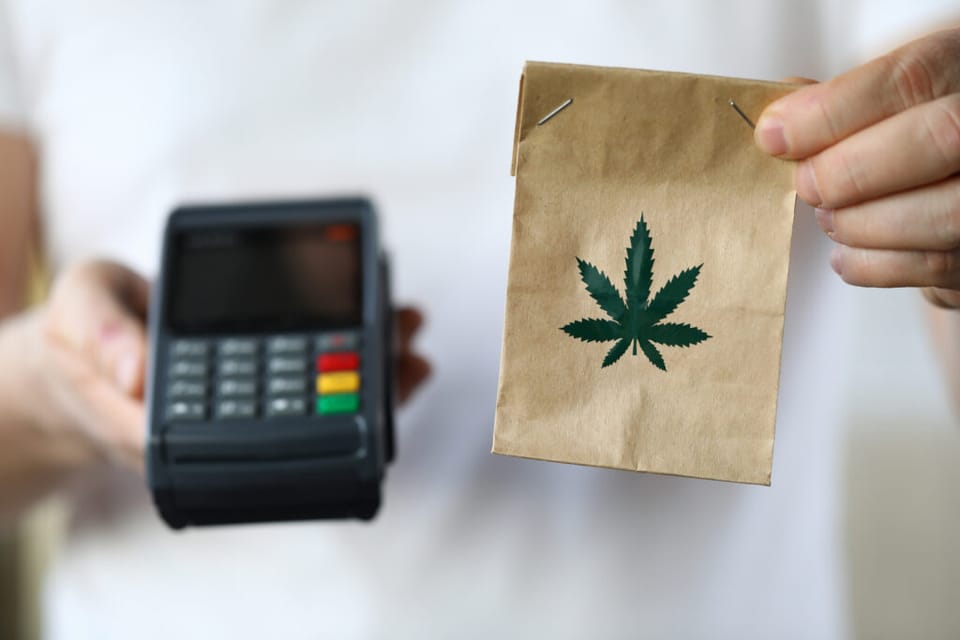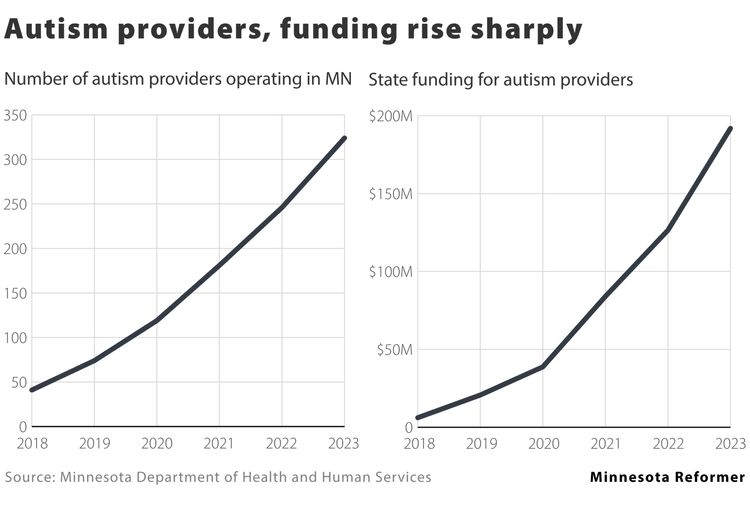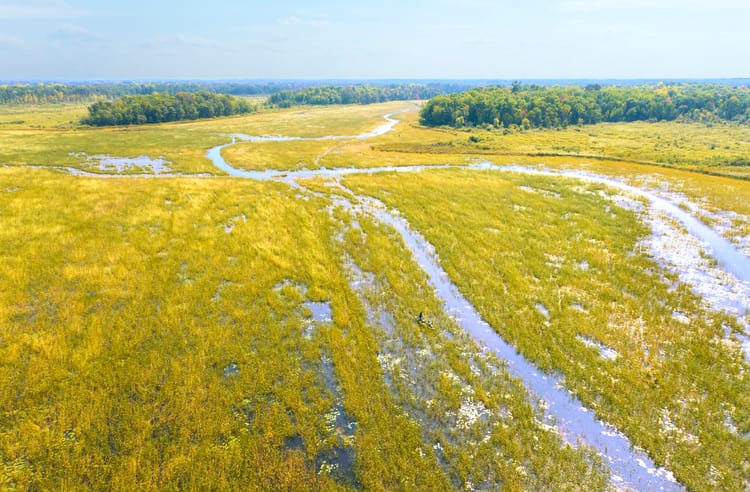What’s in Minnesota’s marijuana legalization bill

by Christopher Ingraham, Minnesota Reformer
Gov. Tim Walz on Tuesday signed the Legislature’s marijuana legalization bill into law, making Minnesota the 23rd state to do so.
“I assure Minnesotans that a lot of thought has gone into this,” Walz said. “A lot of the things learned in other states are incorporated into how we do this, and the thoughtfulness around this legislation gives us a really good guiding principle.”
Former Gov. Jesse Ventura, a longtime supporter of legalization who testified before the Legislature in favor of the bill, was present at the signing. “The people of Minnesota have been educated now,” he said. “And they understand that cannabis, all drugs and all forms of things have an upside and a downside to them… I’ve always believed that it was wrong for cannabis to be against the law.”
Here’s a rundown of the bill’s major provisions:
Adult use — at home
Adults will be able to possess up to two pounds of marijuana flower at home, and carry up to two ounces of it in public. They will generally be able to smoke or vape it at home or in their yard, and at other private locations.
The law explicitly prohibits use of marijuana in public places, in places where minors may be exposed to smoke, and in multifamily housing units like apartment buildings. Use is also prohibited in vehicles and in any location where tobacco smoking is already banned.
Home grow
Adults will also be able to grow up to eight cannabis plants at home. Only four of these can be mature and flowering at a time. Plants can be grown indoors or outdoors, so long as they are “in an enclosed, locked space that is not open to public view.” Home cultivation can begin on Aug. 1 of this year.
A new state agency
The bill establishes a central Office of Cannabis Management to oversee the adult use, medical marijuana, low-dose edible and hemp product industries. Among other duties, the office will approve and issue business licenses, track marijuana sales across the state, establish tests for product quality and enforce legal requirements for packaging, labeling and advertising.
The office will be able to inspect businesses for compliance with the law, issue subpoenas for information and assess administrative penalties.
Retail sales
The legislation sets up a system for retail sales and taxation. Prospective growers, processors and retailers will need to apply for a license from the state. Cannabis products will be subject to a special 10% tax in addition to any regular sales tax. That rate was deliberately set lower than the rate in most other legal states in the hopes of undercutting the black market.
Because of the time it will take for the new industry to rev up, retail operations aren’t likely to open their doors until 2025.
The bill prohibits local governments from either banning retail sales or establishing their own taxes on marijuana products. However, localities would be able to limit the number of retail outlets to one for every 12,500 residents. They can also require marijuana businesses to register and charge them fees to do so.
Little change to low dose products
The existing low-dose edible market will continue to operate without any expected interruption. Those operations will eventually be licensed by the Office of Cannabis Management. Low-dose products will be able to be sold in bars, liquor stores and tobacco shops.
Automatic expungement of some prior marijuana convictions
The state will begin the process of automatically expunging prior misdemeanor marijuana offenses. A new Cannabis Expungement Board would begin evaluating more serious convictions to see if they qualify for expungement or a reduction of sentence.
Grants and loans
The legislation creates several grant and loan programs to assist new marijuana businesses in starting up and navigating the new regulatory structure. Some preference will be given to individuals and communities that have been disproportionately harmed by past marijuana enforcement.
The bill also sets up grants for substance abuse treatment and prevention programs.
Public health and safety
The bill sets aside $15 million for the Office of Traffic Safety to train officers to detect marijuana impairment, with close to $3 million to pilot a roadside impairment test program. It also sets up education programs about the risks of marijuana use to youth, and to women who are pregnant or breastfeeding.
An additional $5 million is directed to the University of Minnesota to establish a “Center for Cannabis Research” at the school, with a mandate to “investigate the effects of cannabis use on health and research other topics related to cannabis.”
Minnesota Reformer is part of States Newsroom, a network of news bureaus supported by grants and a coalition of donors as a 501c(3) public charity. Minnesota Reformer maintains editorial independence. Contact Editor Patrick Coolican for questions: info@minnesotareformer.com. Follow Minnesota Reformer on Facebook and Twitter.



Member discussion